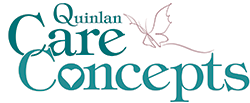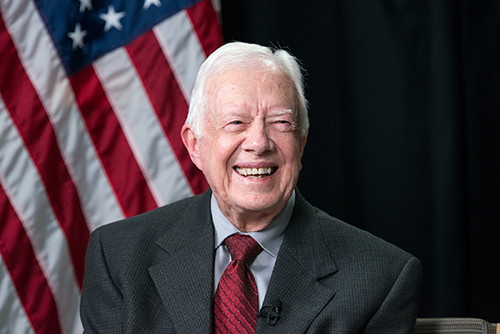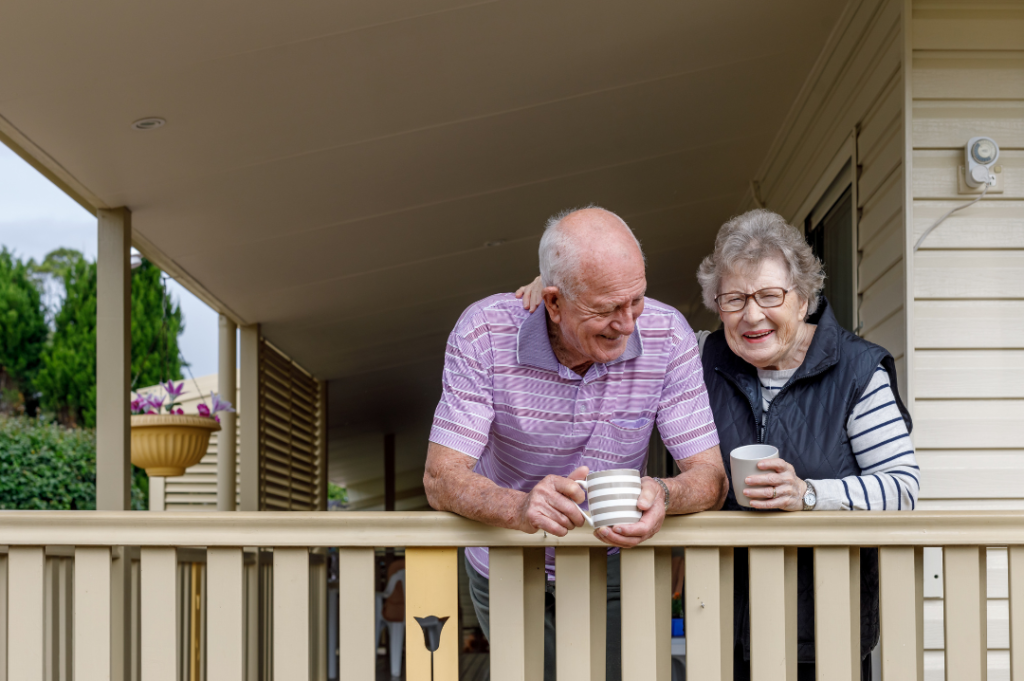The NHPCO helps decode Advanced Care planning documents
Over time, several types of documents have emerged to help you express your wishes for treatment any time you are unable to speak for yourself, particularly during serious illness or end of life.
Certain words, like “Living Will” and “Advance Directive”, are used interchangeably when they should not be.
Others, like “Healthcare Power of Attorney”, have about five different names.
None require the advice or services of an attorney to create. Some are legal documents, some are medical orders some are valid outside of the hospital and some are not. Some everyone should have and others are applicable only towards the end of life. All, however, are only useful if they are accessible when you need them and if the person you have authorized to speak for you is empowered to do so. Let us help you sort it out.
What are Advance Directives?
Advance Directives are a set of documents that both appoint a person to speak for you and contain your preferences for medical treatment. Each state has its own Advance Directive with the language and content that state deems important.
All Advance Directives must include at least two sections:
- A statement of your preferences for medical treatment (or not), also known as a Living Will and
- The appointment of a person to speak for you if you are unable to, also known as a Healthcare Agent.
In other words, a Living Will is one component of an Advance Directive.
Advance Directives may also contain instructions around organ donation, appointment of a guardian, and other matters.
Are Living Wills the same as Advance Directives?
A Living Will is a statement of the type of care you prefer if you are not able to speak for yourself. It is important to understand that living wills only apply to your healthcare wishes; you will need something called “a last will and testament” to express your wishes about what to do with material goods.
While each state has state-specific Advance Directive form, there aren’t separate state-specific Living Will documents because the information contained in a Living Will is already part of the Advance Directive. Nonetheless, just to make things even more confusing, a lot of the websites that offer “‘free”’ legal forms online incorrectly refer to Advance Directives as Living Wills. A Living Will, without having appointed someone to speak for you, is of limited value. Frequently, the decisions that need to be made are not specifically addressed in the Living Will. Your Healthcare Agent is in the best position to know what you would want and is authorized to speak for you.
What are Healthcare Powers of Attorney?
A Healthcare Power of Attorney can be both a person and a legal document. The legal document appoints and authorizes someone to speak for you when you cannot and must be witnessed or notarized, depending on where you live. The person, the Healthcare Power of Attorney, may also be known as a Healthcare Agent, Healthcare Proxy, Healthcare Surrogate, Healthcare Attorney in Fact, or Healthcare Representative. Each state has its own Healthcare Power of Attorney form, which is embedded in that state’s Advance Directive.
What are DNRs?
Do Not Resuscitate orders (DNRs) are medical orders written by a doctor. They instruct healthcare providers not to do cardiopulmonary resuscitation (CPR) if a patient’s breathing stops or if the patient’s heart stops beating. If presented, they will be honored by EMTs.
They may be part of a POLST but can also be their own form.
What are POLSTs?
POLST is an abbreviation for Physician’s Orders for Life-Sustaining Treatment. POLSTs are forms that consist of a set of medical orders that applies to a limited population of patients, such as seriously-ill or frail persons, and address a limited number of critical medical decisions.
A POLST has the option of specifying Do Not Resuscitate (DNR) but also makes provisions for other types of treatment such as feeding tubes and mechanical ventilation. They will be filled out in consultation with your doctor. POLSTs are state-specific and are specifically for the seriously ill or frail. If presented, they will be honored by EMTs.
POLSTs do not appoint someone to speak on your behalf like Advance Directives do.
Your Healthcare Agent is the person that can speak for you when you cannot; they are your legal representative and the doctors must listen to them. However, it is also useful to fill out a HIPAA Right of Access to Healthcare Information for anyone you want involved in your care.
What is a HIPAA Right of Access to Healthcare Information?
The Health Insurance Portability and Accountability Act of 1996 (HIPAA) is a federal law that required the creation of national standards to protect sensitive patient health information from being disclosed without the patient’s consent or knowledge. Keep in mind, if you have several people that you would like to be empowered to speak with your doctors they will each need an authorization.
What do I need to decide?
There are three decisions to make and actions to take that will help you get what you want (and not get what you don’t want) when you are unable to speak for yourself. The decisions, and their respective tasks, fall into:
- Deciding on and appointing someone to speak for you when you can’t
- Getting clarity about what you want and don’t want. This includes giving specific instructions around resuscitation, ventilation, and feeding if appropriate for your stage of life.
- Telling your agent and others what you want, writing it down, and having the information available when needed













 Some people mistakenly think hospice care is just about dying…that hospice is the place you call when there’s nothing more that can be done. Nothing could be further from the truth. Hospice helps patients and families focus on living. Hospice care brings comfort, dignity, and peace to help people with a life-limiting illness live every moment of life to the fullest. It also reaches out to provide support for the family and friends who love and care for them. According to the NHPCO, in
Some people mistakenly think hospice care is just about dying…that hospice is the place you call when there’s nothing more that can be done. Nothing could be further from the truth. Hospice helps patients and families focus on living. Hospice care brings comfort, dignity, and peace to help people with a life-limiting illness live every moment of life to the fullest. It also reaches out to provide support for the family and friends who love and care for them. According to the NHPCO, in